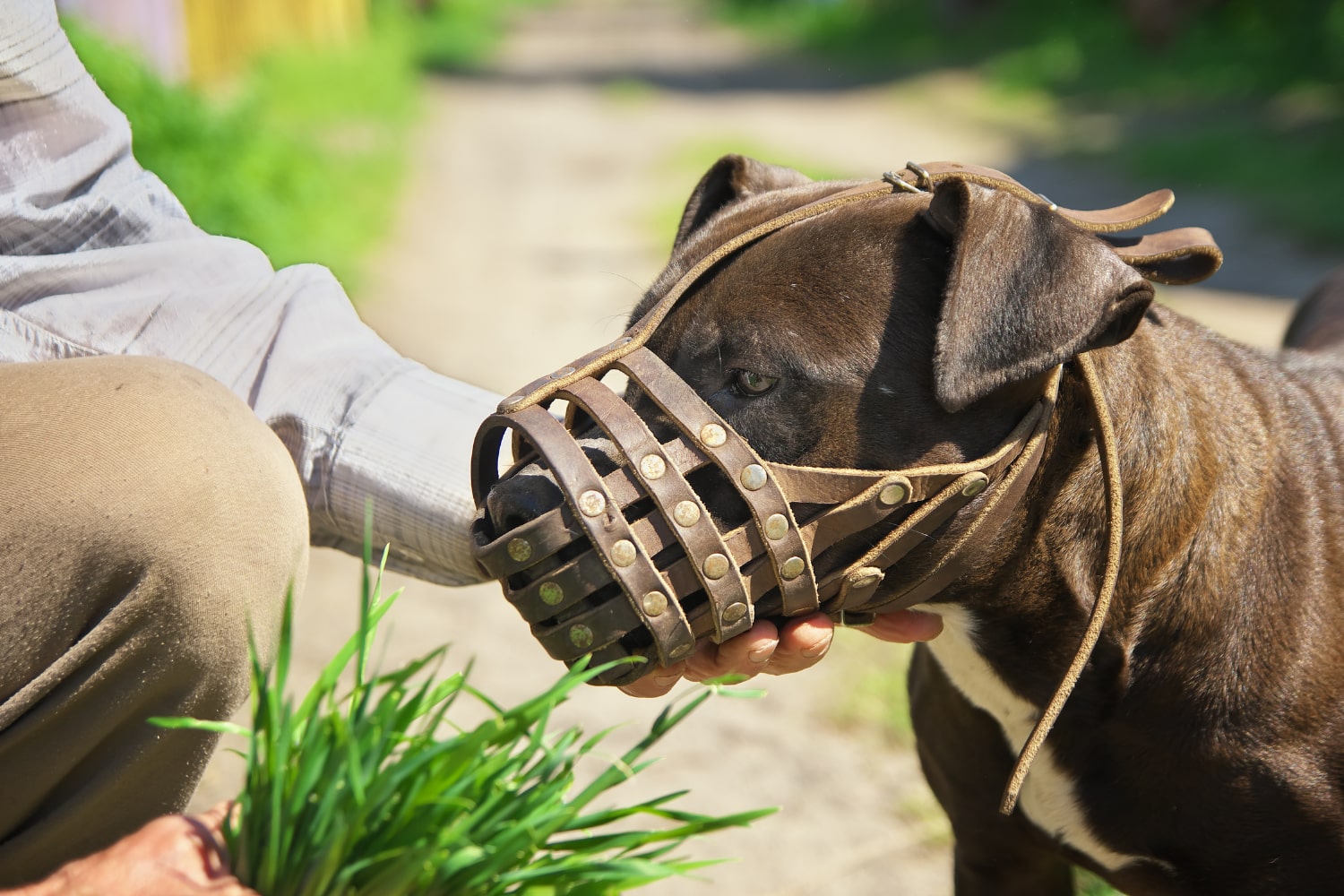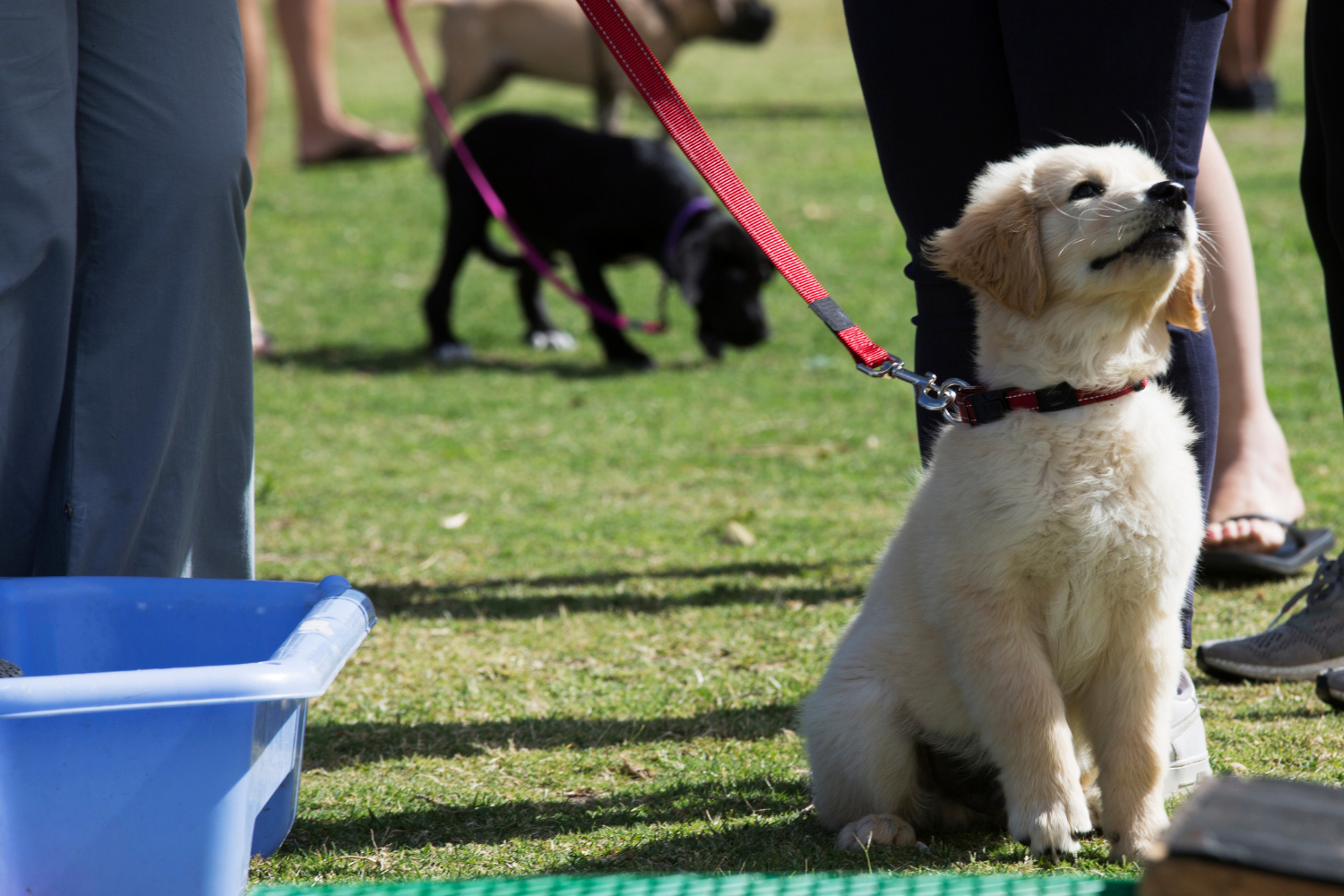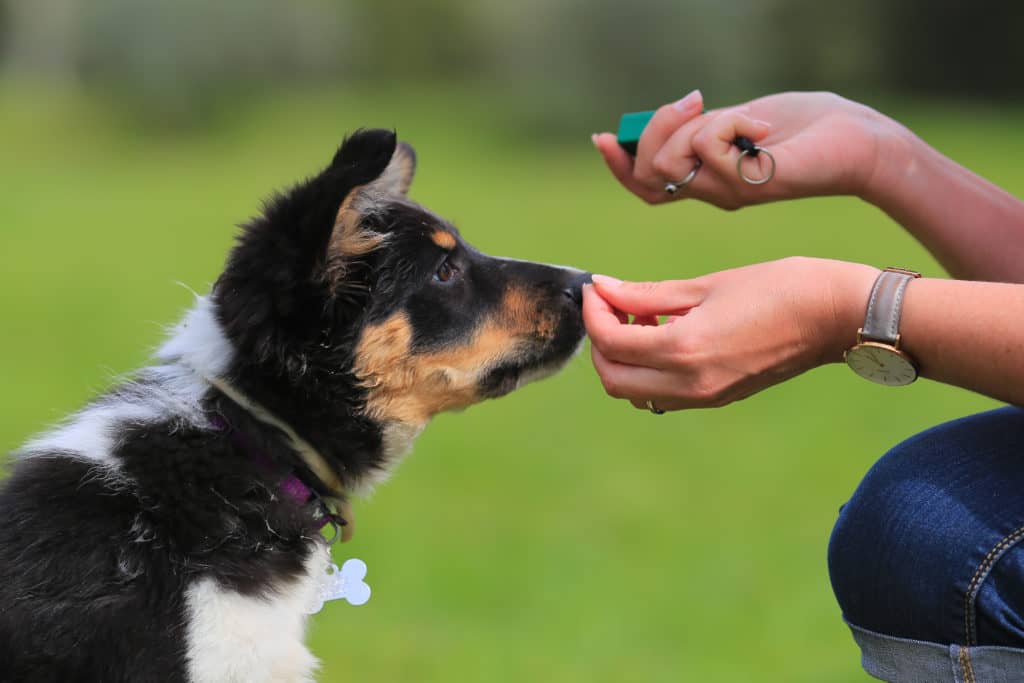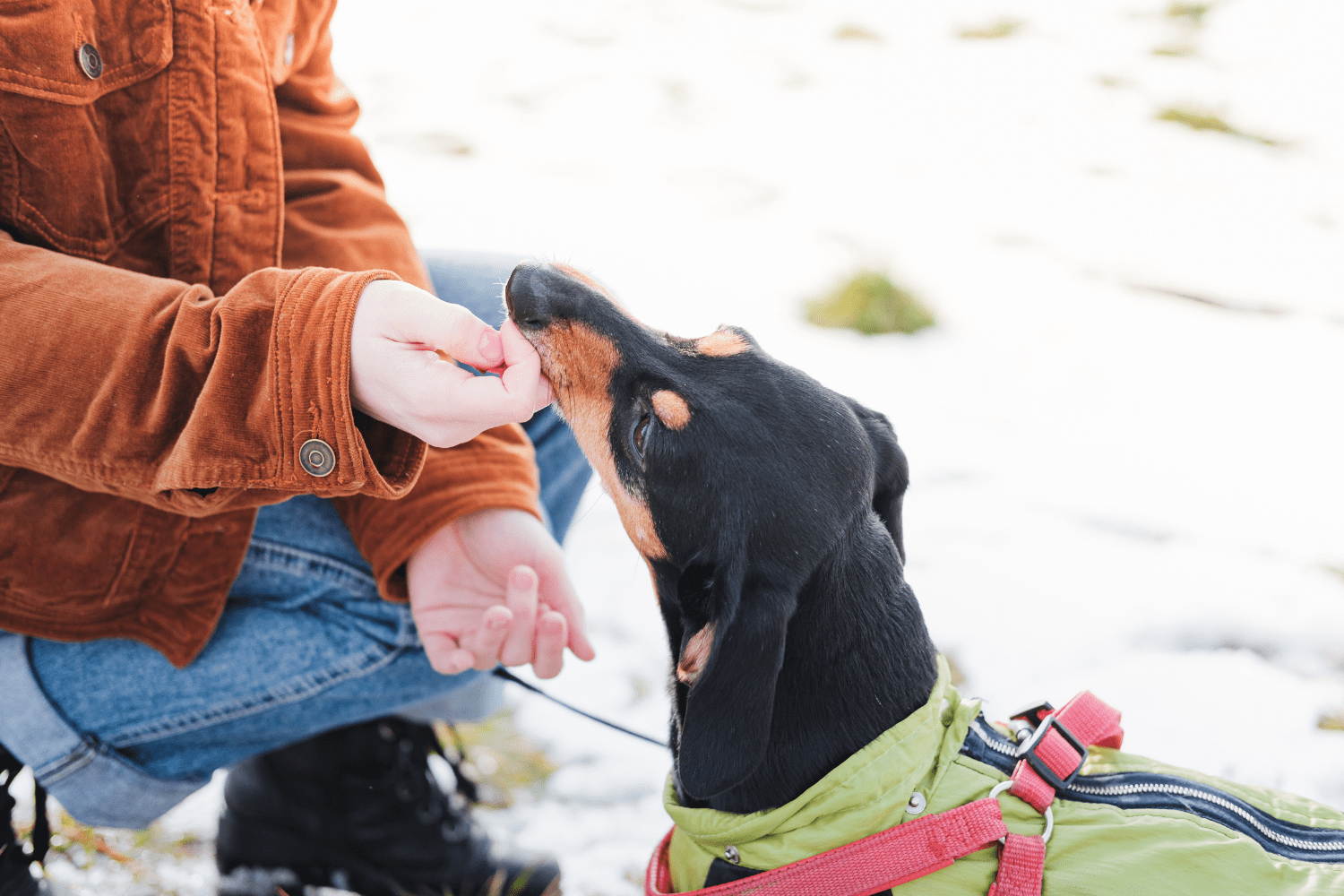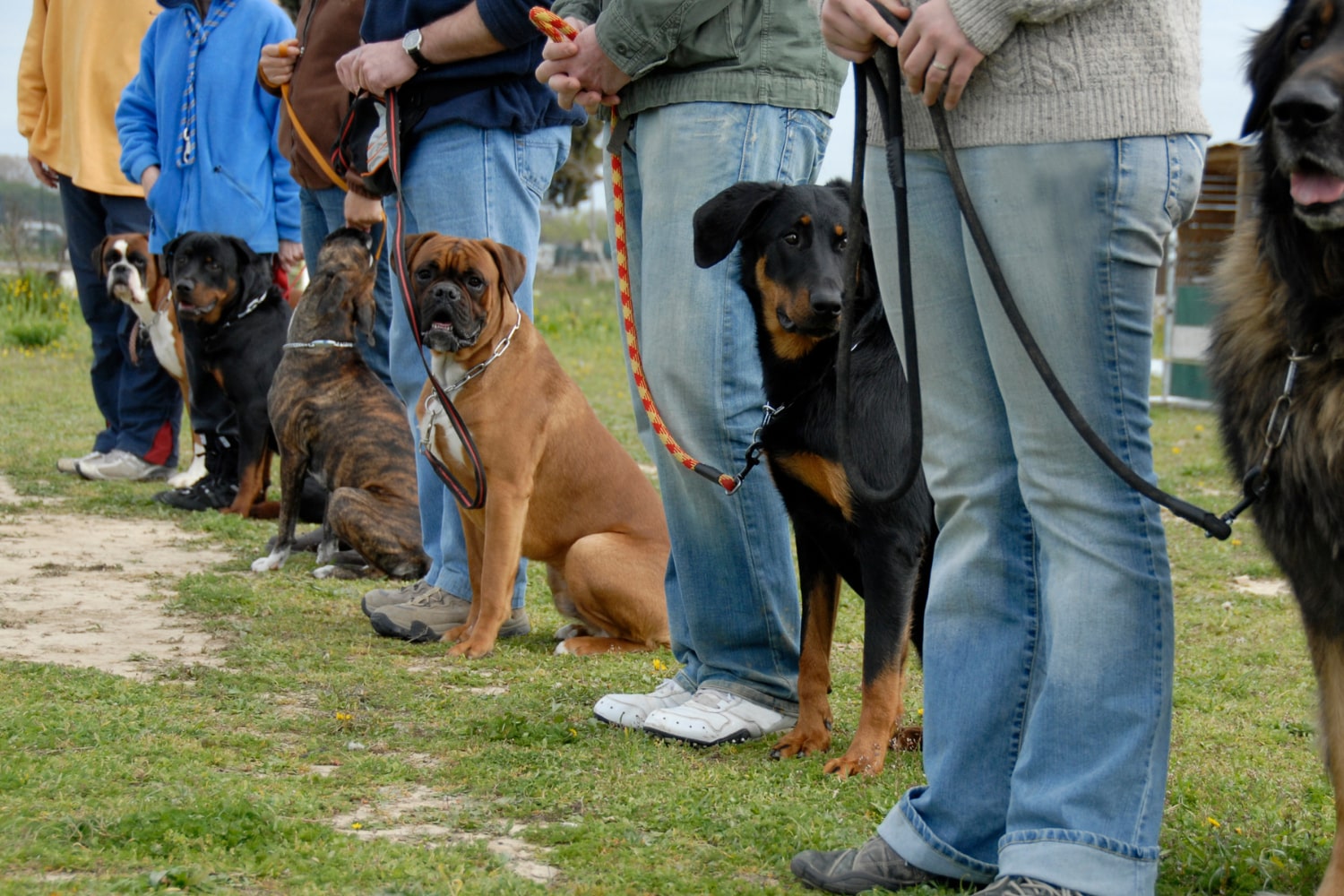What are the Benefits of Training?
Whether you have a young Labrador puppy or an elderly collie, training is a vital part of every dog’s life, to enrich their lives and yours. Mental and physical exercise will prevent anxiety developing and other stress-related behaviors such as destructive chewing, inappropriate barking, reactivity, and aggression. What to expect from your 1-2-1 training



